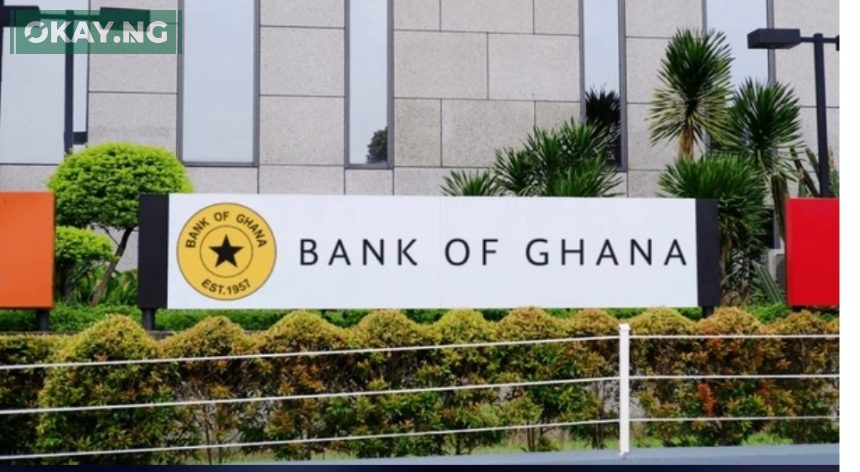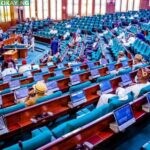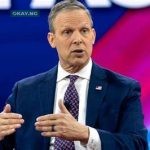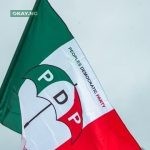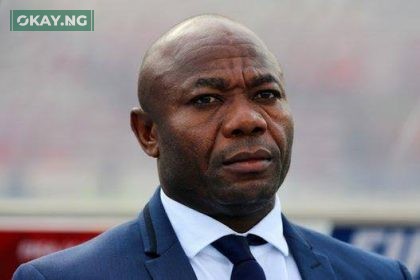In a move that caught economists off guard, Ghana’s central bank has raised its main interest rate by 100 basis points to 28%, signaling a robust effort to tame persistent inflation. This decision, announced by new central bank governor Johnson Asiama, marks the first interest rate hike since July 2023, diverging from predictions of a steady hold.
“The committee decided to raise the monetary policy rate by 100 basis points to 28%,” Asiama stated during a press conference, emphasizing the majority vote that drove the decision. “While headline inflation has declined marginally, it remains a concern. Both food and non-food inflation are significantly above expectation and core inflation remains elevated.”
This intervention comes as Ghana navigates a delicate economic recovery, grappling with challenges in its vital cocoa and gold sectors. Despite a slight dip in consumer price inflation to 23.1% in February, it remains significantly above the Bank of Ghana’s target of 8%, with a margin of error of 2 percentage points.
“This is a surprise move that suggests a more hawkish stance against inflation than has recently been apparent. I expect markets to find it reassuring, even though households and firms will be disappointed,” observed Leslie Dwight Mensah, economist and research fellow at the Institute for Fiscal Studies.
The decision reflects the central bank’s determination to anchor inflation, with Asiama indicating that “as inflation becomes firmly anchored… the committee will reassess the scope for a gradual easing in the policy stance.” This reassessment is slated for the bank’s next monetary policy meeting in May, providing a crucial window to gauge the rate hike’s impact.
Read Also: Ghana’s Golden Surge: Export Boom Fuels Economic Ambitions
Finance Minister Cassiel Ato Forson’s recent budget speech outlined ambitious plans to reduce inflation to 11.9% by year-end through stringent spending cuts. However, the central bank’s proactive stance underscores the ongoing struggle to balance economic growth with price stability.
As Ghana, a key player in the West African gold, oil, and cocoa markets, faces the complexities of post-crisis recovery, the impact of this rate hike will be closely monitored. The decision highlights the delicate tightrope walk between controlling inflation and fostering economic momentum, a challenge that resonates deeply with households and businesses alike.
The central bank’s action serves as a clear signal: curbing inflation is paramount. The coming months will reveal the efficacy of this strategy and its broader implications for Ghana’s economic landscape.


